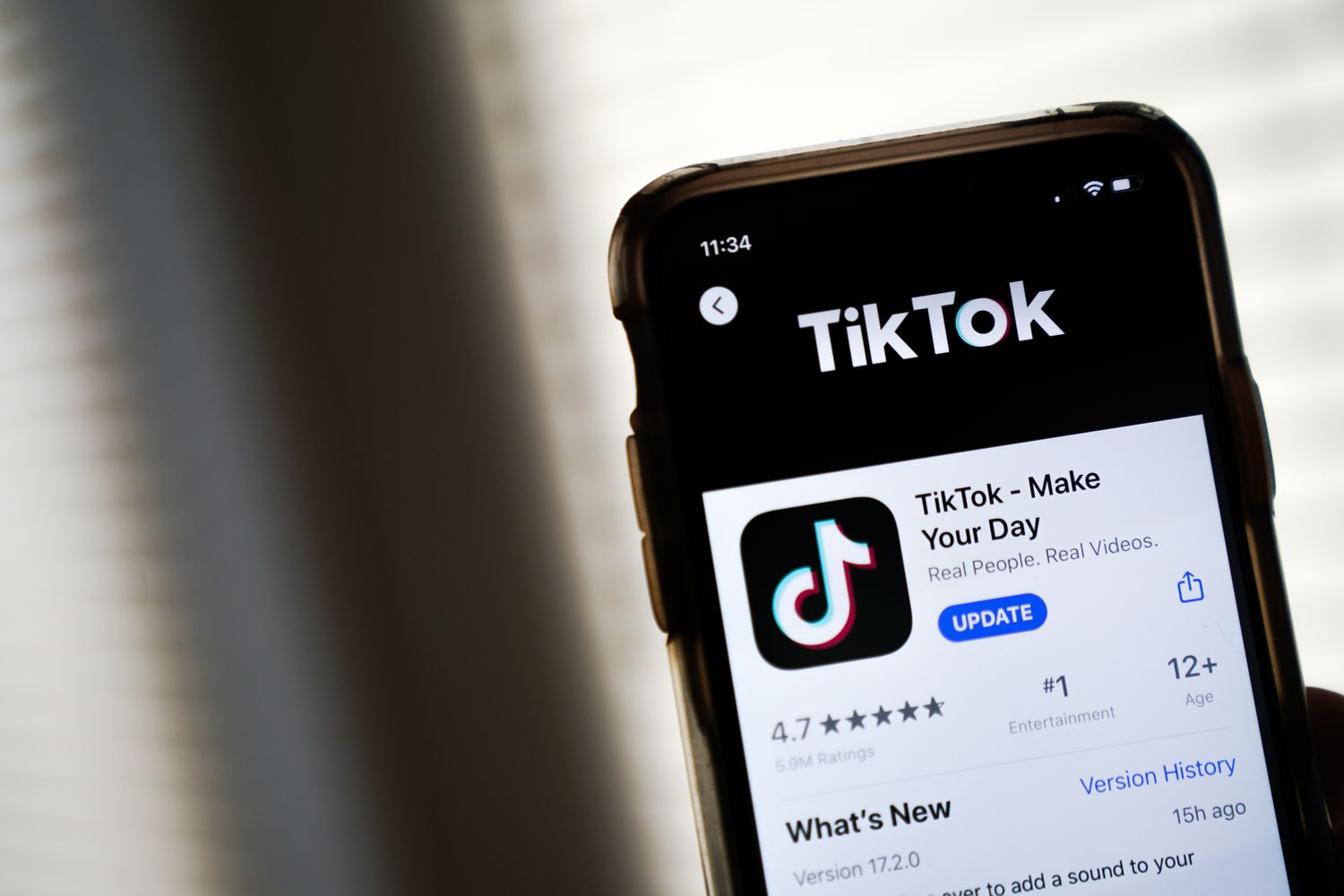Technical SEO Rankability Checklist
Now we move to the more topical elements that you’re probably already aware of — how to improve ranking from a technical SEO standpoint. Getting your pages to rank involves some of the on-page and off-page elements that we mentioned before but from a technical lens.
Rankability Checklist
Remember that all of these elements work together to create an SEO-friendly site. So, we’d be remiss to leave out all the contributing factors. Let’s dive into it.
Internal and External Linking
Links help search bots understand where a page fits in the grand scheme of a query and gives context for how to rank that page. Links guide search bots (and users) to related content and transfer page importance. Overall, linking improves crawling, indexing, and your ability to rank.
Backlink Quality
Backlinks — links from other sites back to your own — provide a vote of confidence for your site. They tell search bots that External Website A believes your page is high-quality and worth crawling. As these votes add up, search bots notice and treat your site as more credible. Sounds like a great deal right? However, as with most great things, there’s a caveat. The quality of those backlinks matter, a lot.

Links from low-quality sites can actually hurt your rankings. There are many ways to get quality backlinks to your site, like outreach to relevant publications, claiming unlinked mentions, providing relevant publications, claiming unlinked mentions, and providing helpful content that other sites want to link to.
Content Clusters
We at HubSpot have not been shy about our love for content clusters or how they contribute to organic growth. Content clusters link related content so search bots can easily find, crawl, and index all of the pages you own on a particular topic. They act as a self-promotion tool to show search engines how much you know about a topic, so they are more likely to rank your site as an authority for any related search query.
Your rankability is the main determinant in organic traffic growth because studies show that searchers are more likely to click on the top three search results on SERPs. But how do you ensure that yours is the result that gets clicked?




